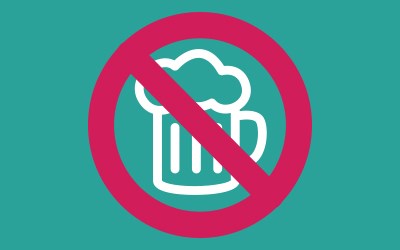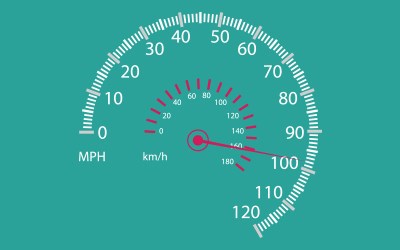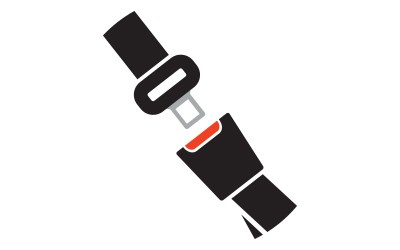Young Driver Safety – How Parents Can Help
Government statistics tell us that road deaths are the number one cause of death among teenage drivers.
The risks associated with inexperienced drivers are well documented; however, in our recent article, we suggested parents could play a bigger role in helping their teens become safer drivers in their early years on the road.
Here are a few actionable steps parents can take to help make that vital difference.
Supervised practice
The more practice your young driver gets, the more prepared they will be when potentially dangerous situations arise. And if you are there to supervise that practice, so much the better.
There’s currently no requirement for drivers to be supervised after they’ve passed their test (although it’s under discussion in a review of the driver training system), but that doesn’t mean your child won’t still benefit from having a parent’s guidance in that first year or so after qualifying.
Talk to your teen about the risks associated with new drivers and set aside time each week for a supervised session. If they're not too keen on having mum or dad sitting with them after they've qualified, suggest that in return you provide support towards the cost of their petrol or insurance. If they don’t yet have their own car, make it a condition of you allowing them to drive yours.
Ground rules
There are many factors which might contribute to an accident…
|
 |
 |
|
|
 |
but by setting some ground rules with your child, you can help to minimise the risk of other factors!
Contributory factors to accidents you can help influence:
|
 |
 |
|
|
 |
Asking your child to agree to limit their driving at night and not to carry more than one or two young passengers at a time may reduce the risk of an accident, as will an absolute agreement never to drink alcohol when they are driving home.
You might consider setting up a parent-teen driving agreement so that you both know and agree the ground rules about their driving.
Support
In exchange for agreeing to the rules, your young driver has to know that they have your full and explicit support. This might be a financial incentive to help with the initial costs of driving or insurance, but more importantly they have to know that you are always there to support them, even when things go a bit wrong.
For example, did they forget the rules and have a drink? Are they too tired to drive after a late night out? They need to know you’re prepared to go out at any time of day or night to pick them up, rather than be tempted to drive. The lecture can wait for another time.
Setting a good example
Ever wondered how many hours your child sat behind you in the car as they grew up? You can be sure they were influenced by your own driving. What did they learn?
Here are just a few bad habits you might want to correct if you want to set a good example to your youngster.
|
 |
 |
|
|
 |
 |
|
|
 |
 |
|
|
 |
It may not seem like it sometimes, but your teenager does listen to you! Use your influence to proactively support them when they are gaining that much-needed experience behind the wheel. It could make all the difference to their safety.
